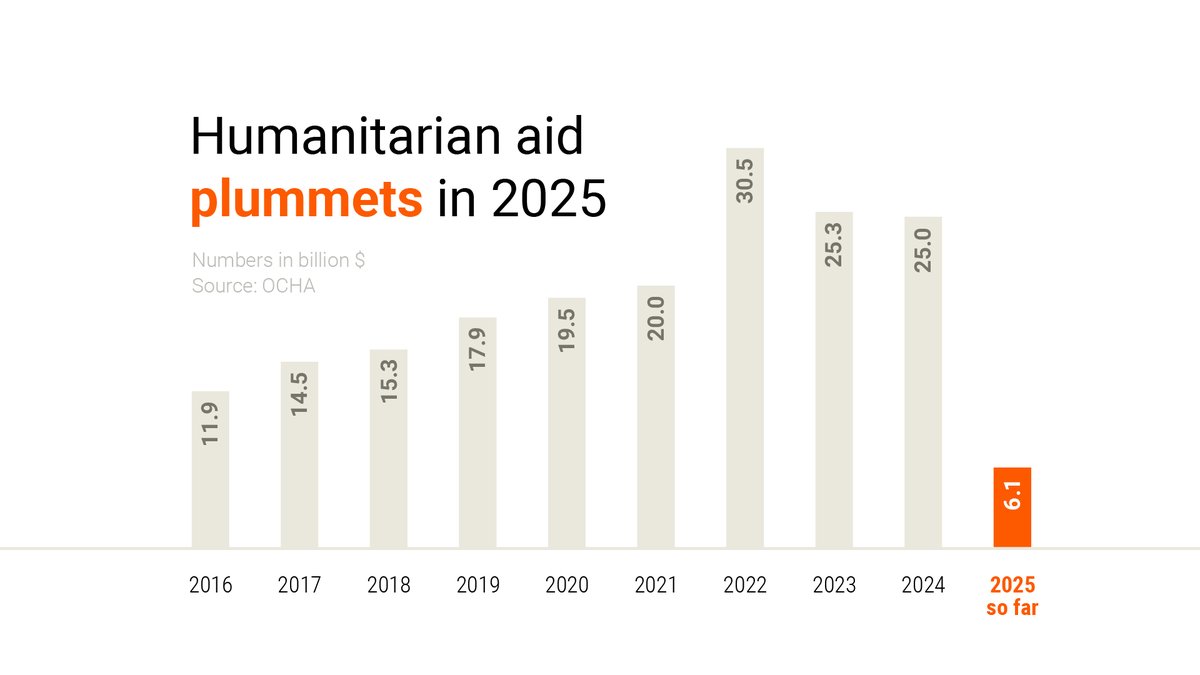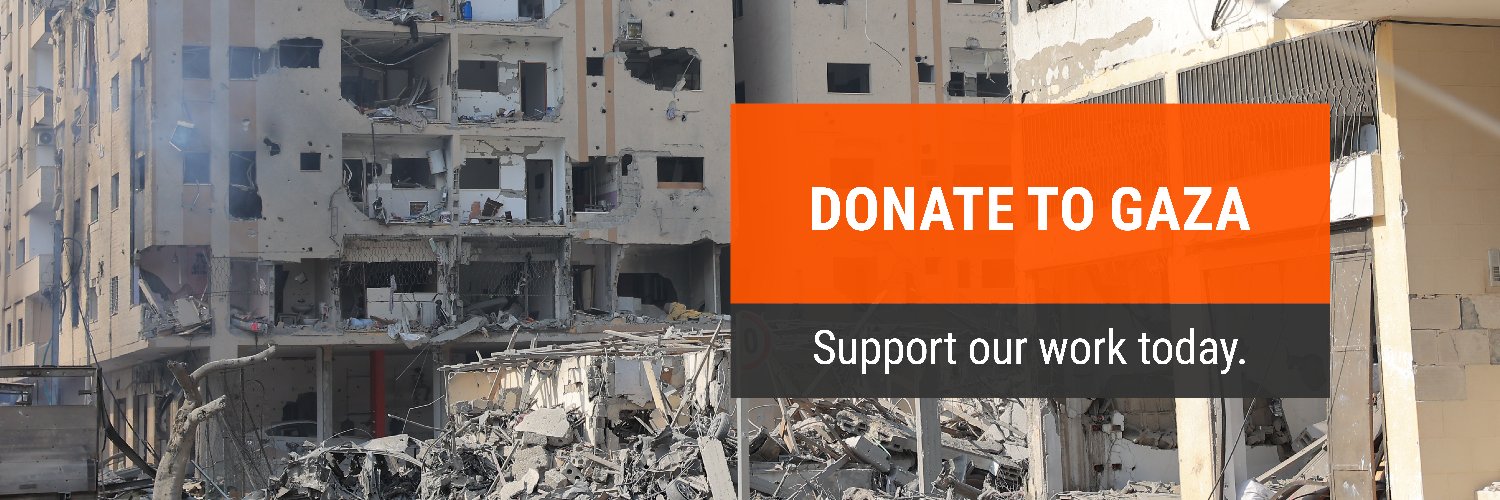
Norwegian Refugee Council
@NRC_Norway
We're a humanitarian organisation helping people forced to flee. Official social media: http://nrc.no/social-media Media: [email protected] /+47 90 56 23 29.
In Uganda’s Kiryandongo refugee settlement, NRC’s Better Learning Programme is helping displaced Sudanese children with invisible wounds on the road to recovery. brnw.ch/21wUgLz
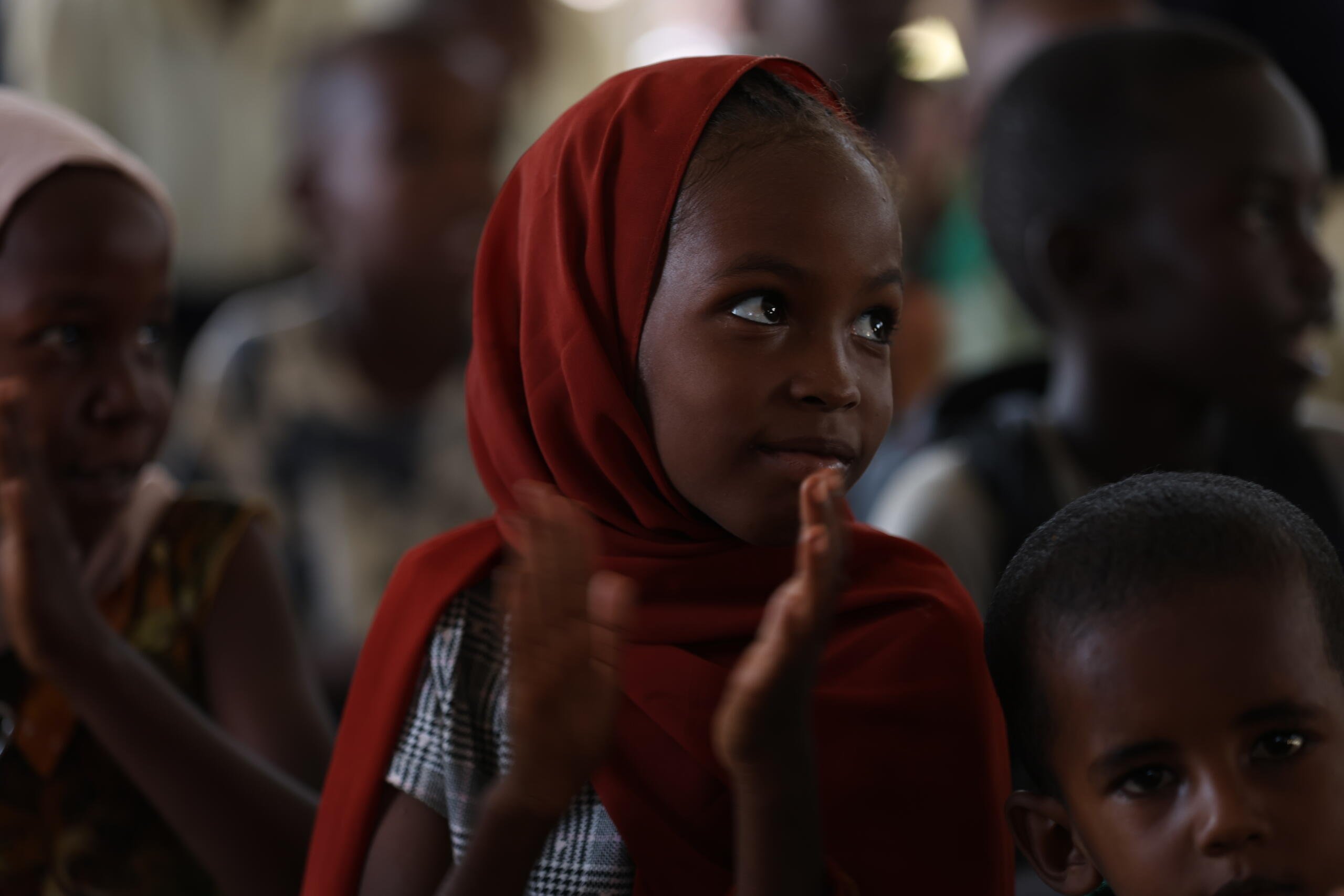
BREAKING: #Sudan: “There is no food. No toilets. No clean water. People are sleeping in the dirt” – NRC’s Sudan Director on Tawila, where 379,000+ displaced people have arrived since April. Cholera is spreading. Aid has run out. Our latest press release: nrc.no/news/2025/july…
#Sudan: 379,000 people fled to #Tawila. Now cholera is spreading. Food is scarce. Children are malnourished. Rain is falling. The crisis is spiralling out of control.
How do you reach hundreds of thousands of displaced Afghans with important information? A new radio show is taking an innovative approach to raising awareness.
Israel has ordered mass relocations from displacement camps in Deir al-Balah — forcing families who already lost everything to move yet again. 93% of Gaza is now off-limits. This is like relocating the entire UK population to Wales. Overcrowded, aid-dependent communities are…
Where do people go when they're forced to flee their homeland – and which countries take them in? This animation, made with @f_l_o_u_r_i_s_h, tells the story of the last 50 years.
Recent clashes in the Syrian city of Sweida alongside the Israeli airstrikes across the country represent a grave threat to the people’s ability to recover from years of violence. Latest 👇 nrc.no/news/2025/july…
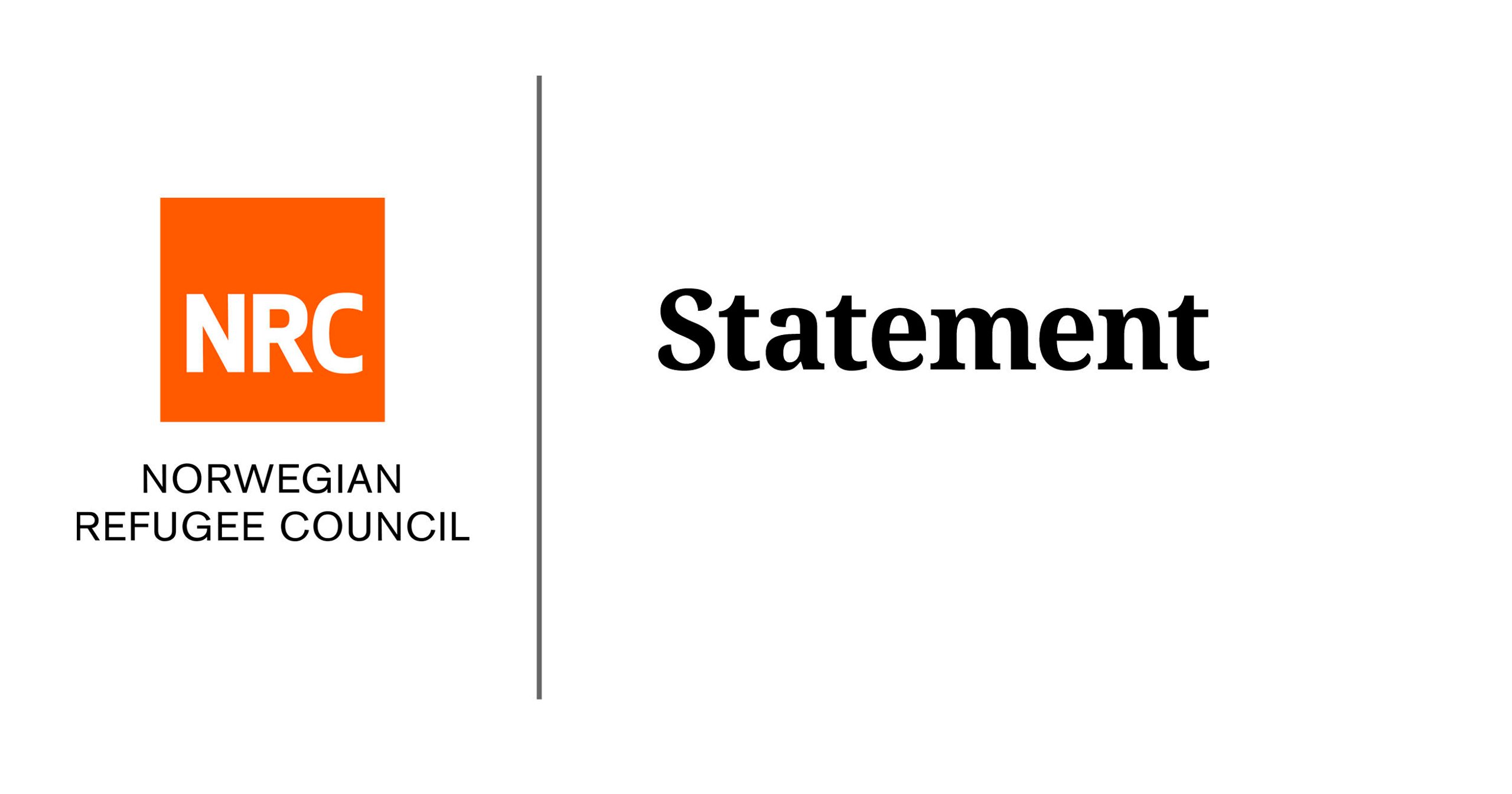
Natalia’s family survived Cyclone Chido last December, but months later they’re still struggling. Aid cuts mean they’re rebuilding with scraps, caring for terrified children and family with a disability. Mozambique's most vulnerable are being left behind. brnw.ch/21wUdfD
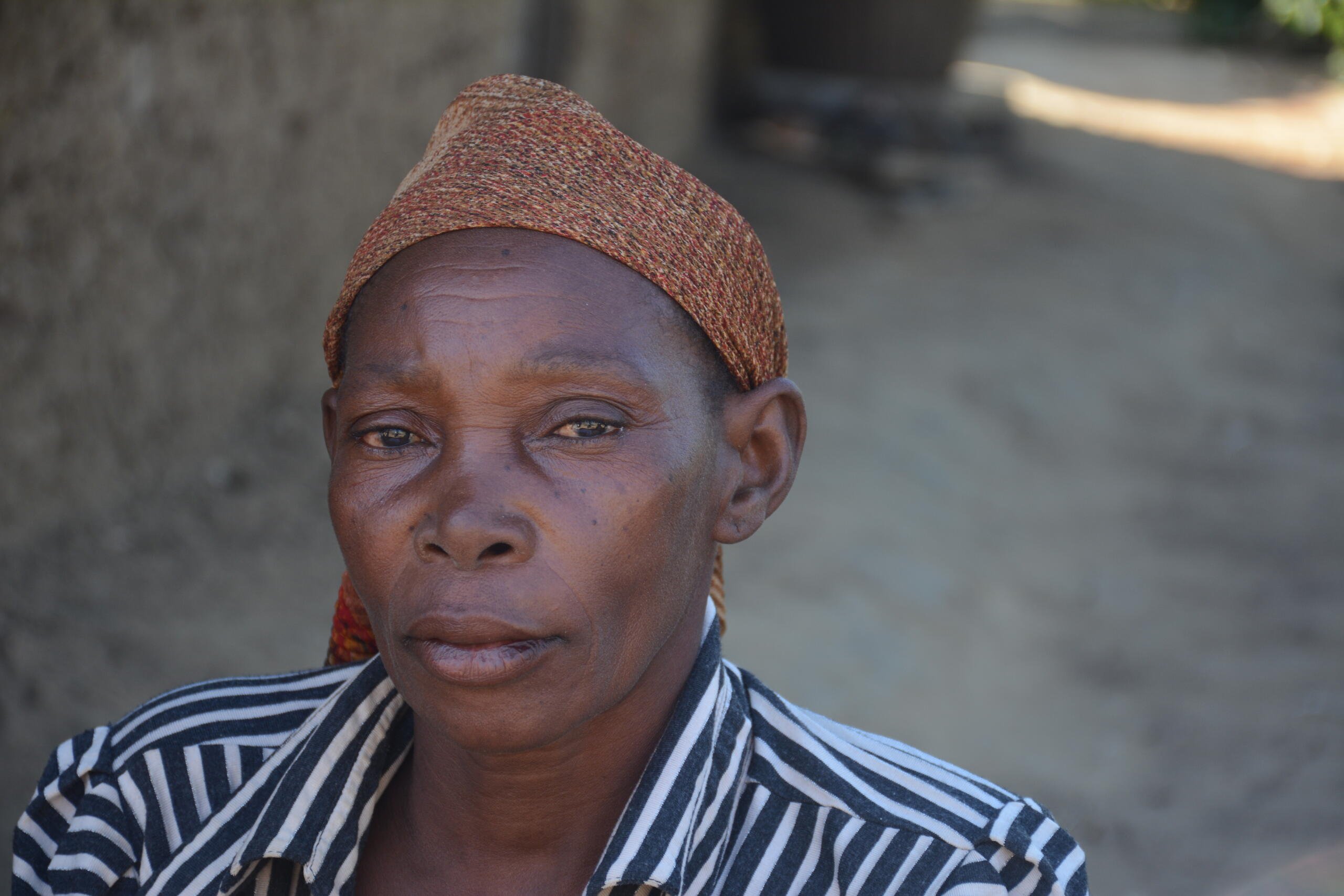
The conditions people are forced to live under in Gaza can barely be called 'living conditions'. 100,000s of re-displaced people are living in extremely crowded sites without access to clean water, food, health services and shelter - the basic necessities for human survival.
With peaks of 40K Afghans returning daily from Iran to #Afghanistan, local resources are insufficient. We urge the international community to step up their support for a regional dialogue for displaced Afghans.
More than 1 million Afghans have returned from Iran to a country with limited capacity to reintegrate them. The humanitarian system is overstretched by the pace and scale of arrivals. The international community must not turn its back on Afghan civilians! nrc.no/news/2025/july…
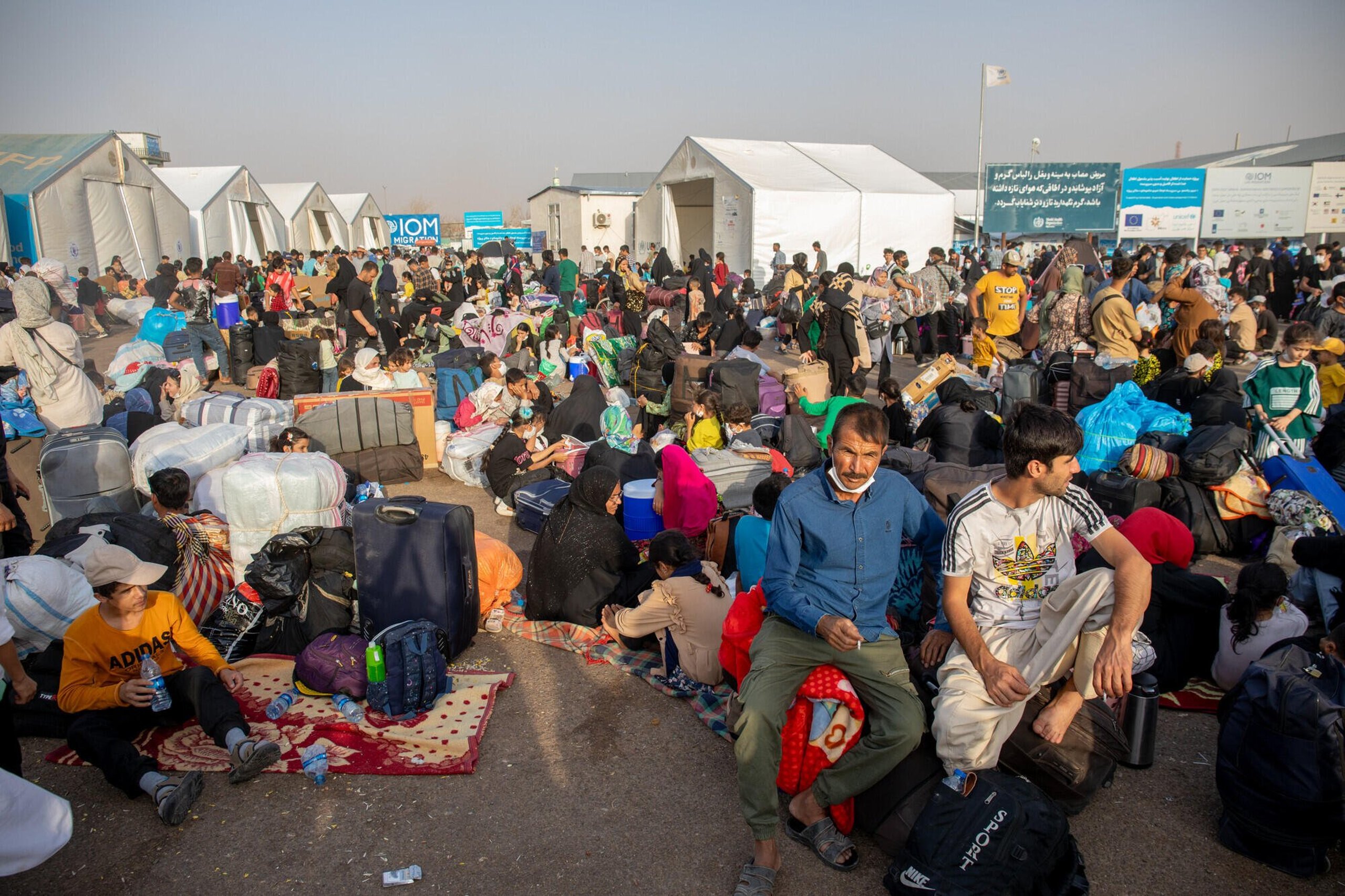
As donors, governments, private sector and civil society gather at the Ukraine Recovery Conference #URC2025 in Rome, NRC, @CARE and CF Stabilization Support Services call for a long-term plan for the re-integration of displaced people. Read more here: 👇 nrc.no/news/2025/july…
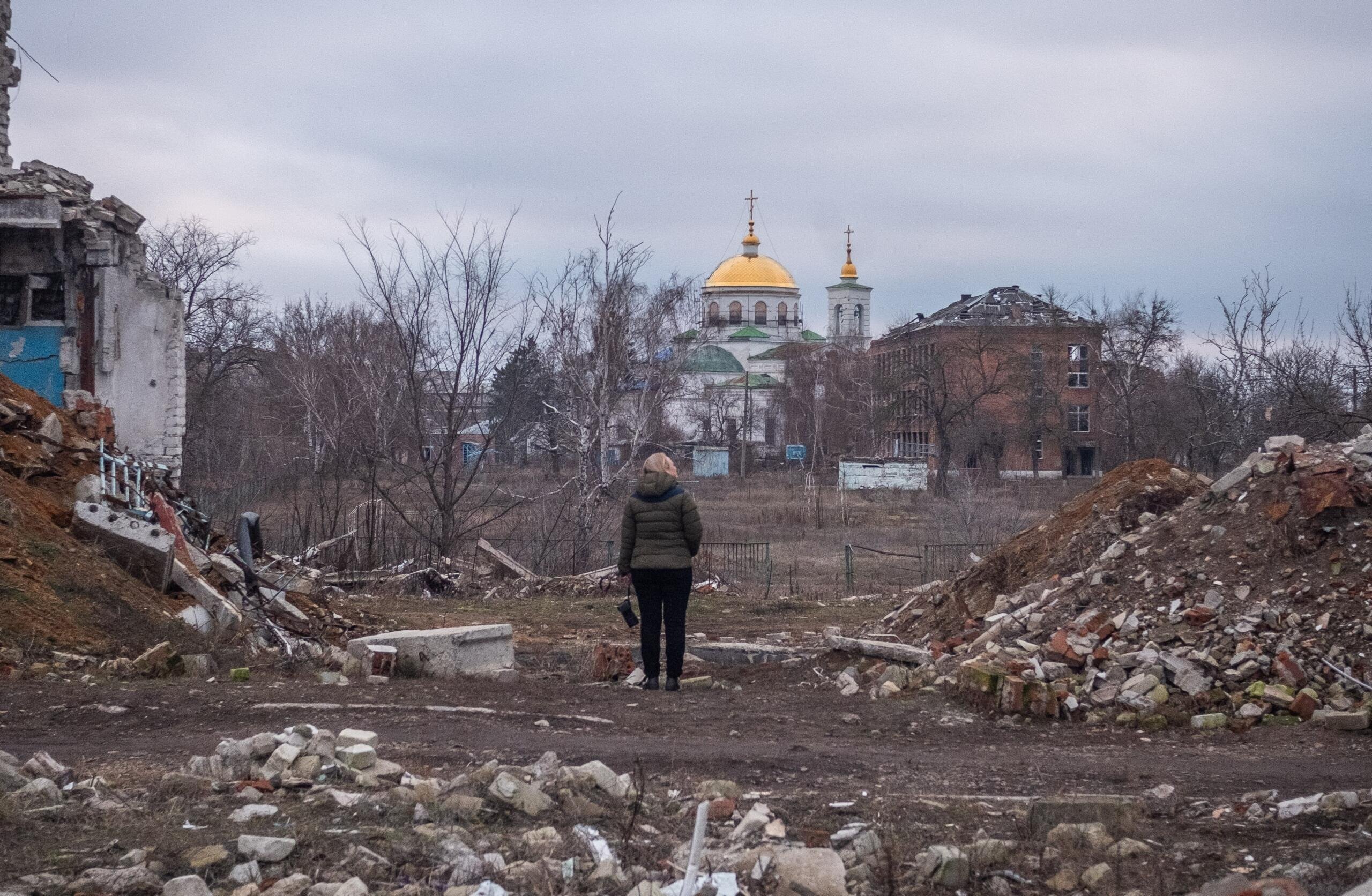
With 23 million people in #Afghanistan in need of humanitarian aid, access to information is critical. An innovative radio drama is raising awareness among displaced and returning Afghans about the help that’s available and the challenges people face. brnw.ch/21wTYNa
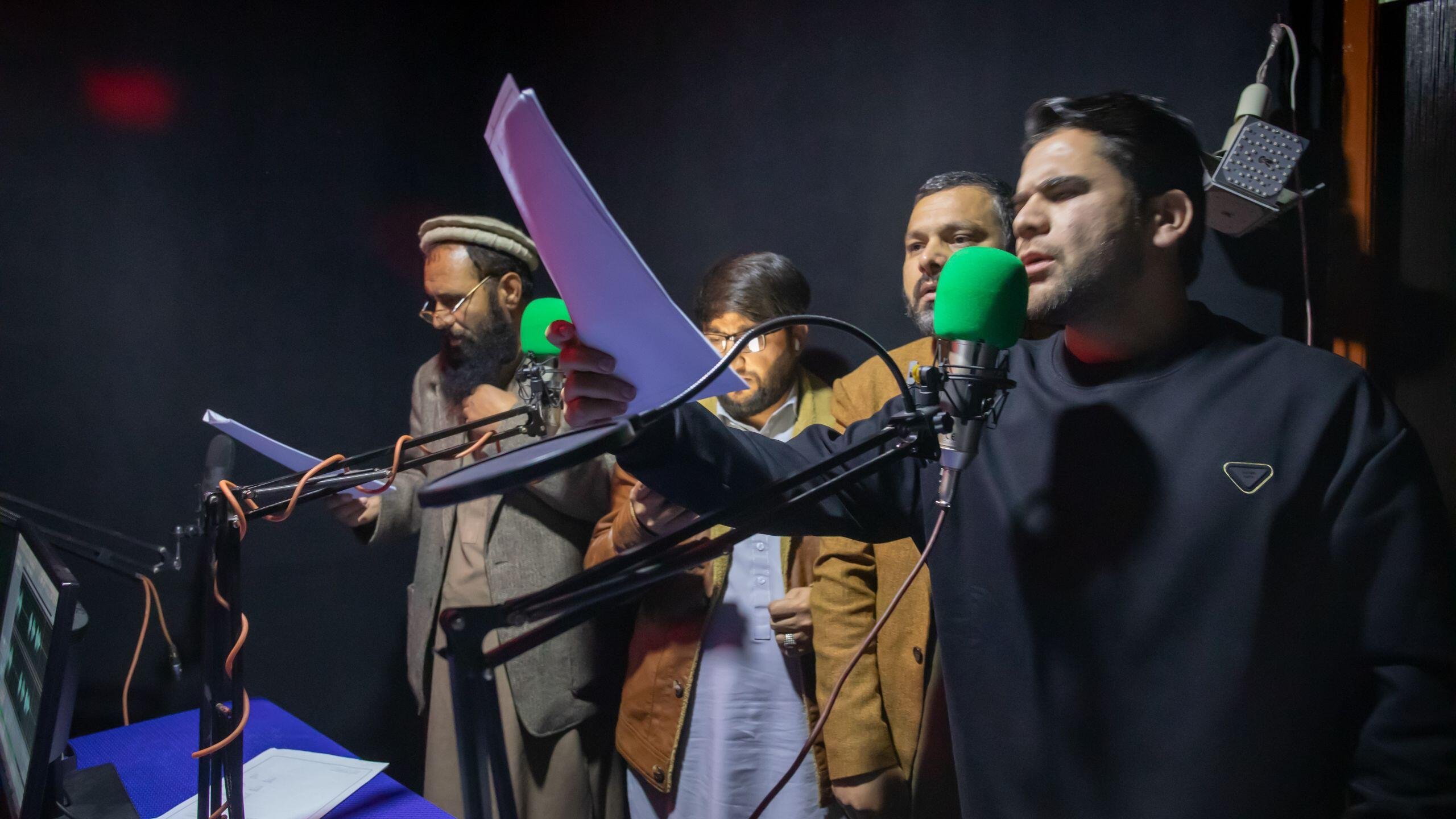
In #Somalia’s Kismayo, families displaced by back-to-back climate shocks - drought and floods - arrive to camps already stretched thin. No water. No healthcare. No protection. Neglect is not absence. It’s a silent crisis felt every single day.
Many displaced families in #Yemen live in small camps with no basic services. We are on the ground, providing ID papers, solar powered lighting, clean water and hygiene kits, with support from @ECHO_MiddleEast as part of the Yemen Displacement Response Consortium.
"I used to have a shop. But it was looted. I lost everything." In Al Geneina, #Sudan, Salwa lost her shop to the war. Thanks to @SwissDevCoop she is rebuilding. Now, with the money she makes at the market, she can stretch her earnings to feed her children.
This time last year, US $9 billion had been raised globally for humanitarian causes. This year it's down to just US $6 billion. If wealthy nations can afford World Cups, global summits and rising defence budgets, they can also afford to protect the world’s most vulnerable.
